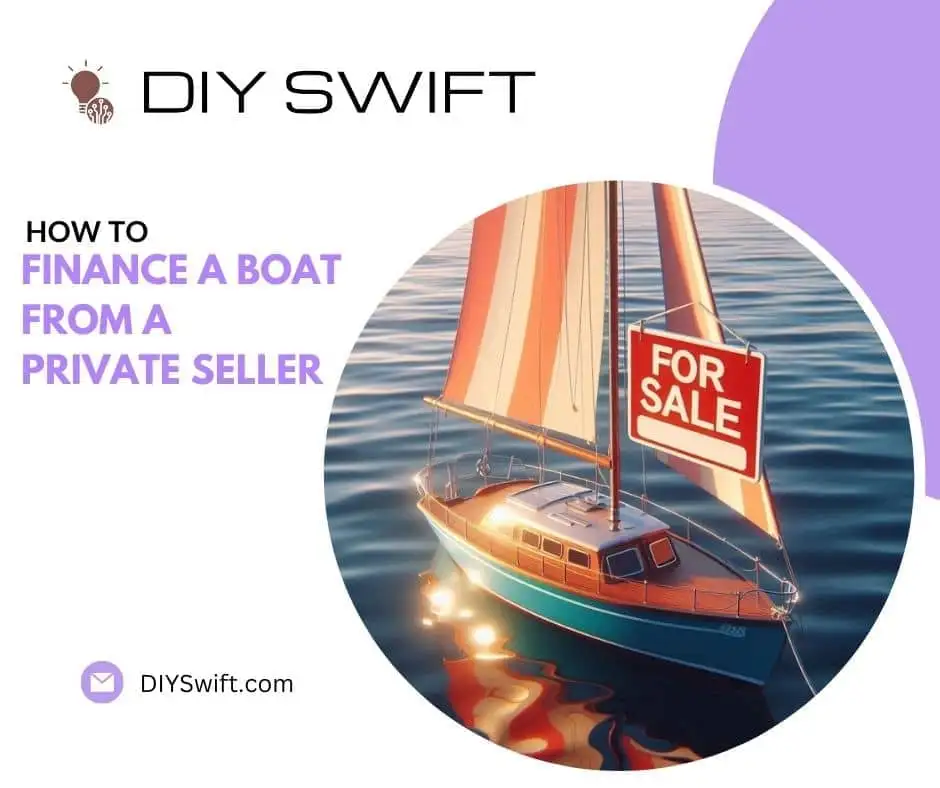If you’re looking to buy a boat from a private seller, you may be wondering how to finance your purchase. Unlike buying a boat from a dealership, financing a boat from a private seller requires a bit more legwork. But with the right preparation, you can secure a loan and be on your way to enjoying your new boat.
1. Check Your Credit Score
Your credit score will play a big role in determining the interest rate you’ll receive on your boat loan. Before you start shopping for a loan, check your credit score to make sure you’re in good standing. A score of 700 or higher is considered good, while a score of 800 or higher is excellent.
2. Shop Around for Loans
When it comes to financing a boat from a private seller, you have a few options. You can take out a personal loan, a home equity loan, or a boat loan. Shop around to find the best interest rate and terms for your situation. Consider working with a lender who specializes in boat loans, as they may have more experience with financing boats from private sellers.
3. Get Pre-Approved
Once you’ve found a lender you like, get pre-approved for a loan. This will give you an idea of how much you can borrow and at what interest rate. It will also give you more negotiating power when you’re ready to make an offer on a boat.
4. Find a Boat You Like
Now that you’re pre-approved for a loan, it’s time to start shopping for a boat. Make a list of your must-haves and start searching online and in classified ads. When you find a boat you like, schedule a time to take a look at it in person.

Credit: m.youtube.com
5. Have the Boat Inspected
Before you make an offer on a boat, have it inspected by a professional. This will ensure that the boat is in good condition and that there are no hidden issues that could cost you money down the line. If the inspection turns up any problems, you can either negotiate with the seller to have them fixed or walk away from the deal.

Credit: diyswift.com
6. Make an Offer
Once you’ve found a boat you like and had it inspected, it’s time to make an offer. Be prepared to negotiate with the seller to get a fair price. If you’re working with a lender, make sure the offer is within the amount you’ve been pre-approved to borrow.
7. Close the Deal
Once you and the seller have agreed on a price, it’s time to close the deal. Make sure you have all the necessary paperwork in order, including a bill of sale and a title transfer. If you’re working with a lender, they will likely handle the paperwork for you.
Frequently Asked Questions
What Are The Advantages Of Financing A Boat From A Private Seller?
Financing from a private seller can offer lower interest rates and more flexible terms than traditional lenders.
How Can I Ensure The Legality Of A Private Boat Sale?
Always verify the boat’s ownership documents and consider using a secure payment method for a safe transaction.
Are There Any Potential Risks When Financing From A Private Seller?
Potential risks include undisclosed issues with the boat, lack of warranty, and the possibility of fraud.
What Documents Are Typically Required For Boat Financing?
Documents may include proof of income, credit history, identification, and the boat’s title and registration papers.
Can I Negotiate The Terms Of Financing With A Private Seller?
Yes, negotiating terms such as down payment, interest rate, and repayment schedule is common when financing from a private seller.
Conclusion
Financing a boat from a private seller may require a bit more work than buying from a dealership, but it can be a great way to save money and find a boat that’s perfect for you. By checking your credit score, shopping around for loans, and following these steps, you can secure a loan and be on your way to enjoying your new boat.











